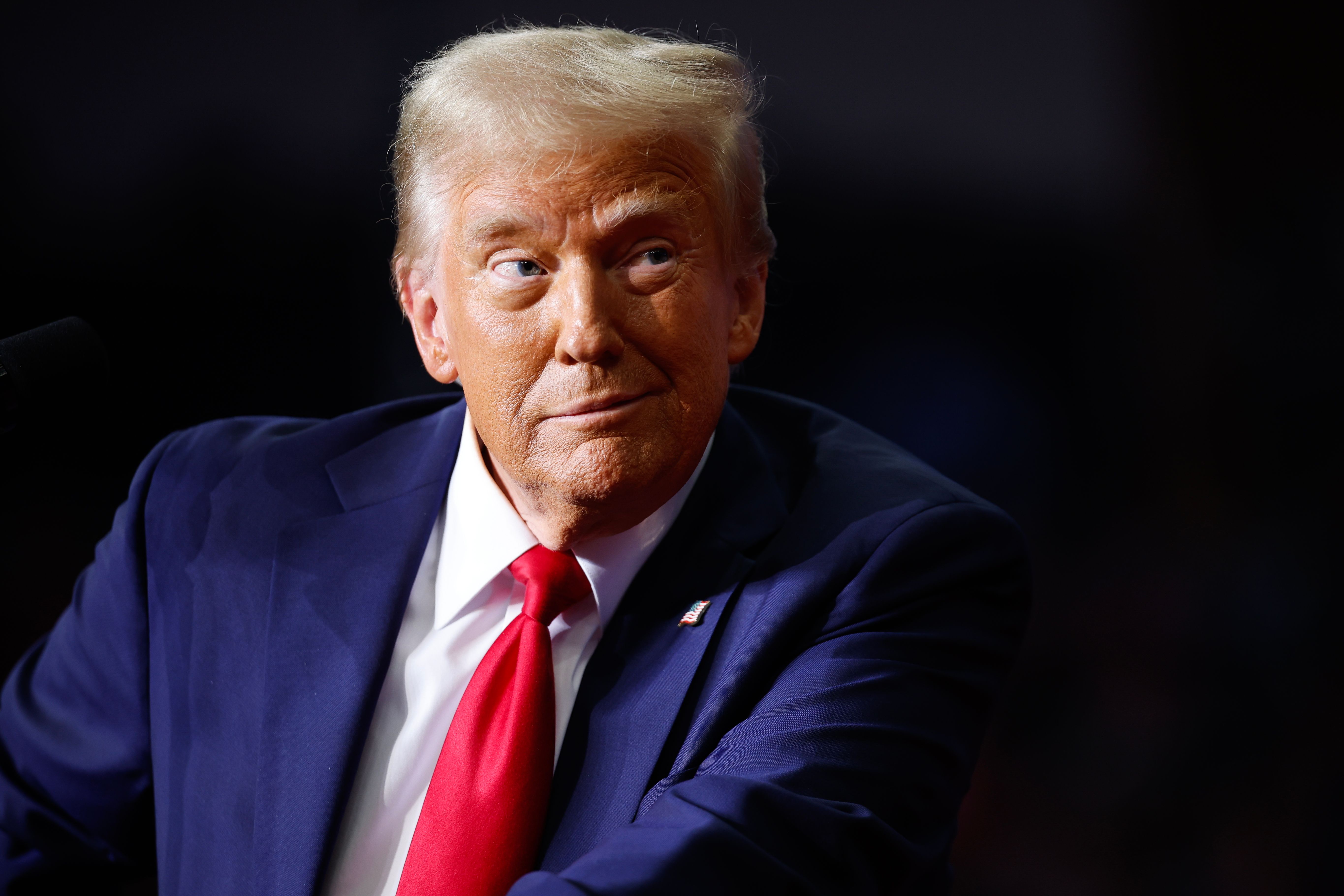Scarlett Johansson has called for a ban on deepfakes after being featured in an AI-generated ad criticizing Kanye West and decrying anti-semitism.
“I am a Jewish woman who has no tolerance for antisemitism or hate speech of any kind,” the actress told People. “But I also firmly believe that the potential for hate speech multiplied by AI is a far greater threat than any one person who takes accountability for it.”
“We must call out the misuse of AI, no matter its messaging,” she added. “It is terrifying that the U.S. government is paralyzed when it comes to passing legislation that protects all of its citizens against the imminent dangers of AI.”
Johansson is seen wearing a T-shirt with a ‘middle finger to Kanye’ print on the front in the fake ad. Other celebs featured in the ad include Mark Zuckerberg, Drake, Adam Sandler, Jerry Seinfeld, Scarlett Johansson, Mila Kunis, Jake Gyllehnaal, Sacha Baron Cohen, Lenny Kravitz, David Schwimmer, Woody Allen, Ben Stiller, Adam Levine and OpenAI’s Sam Altman.
The ad, which has been slapped with a community note pointing out that it’s AI-generated, has accumulated nearly 30,000 likes and over 6 million views on X — and that’s only on one post.
The Growing Proliferation Of AI Generated Imagery and Deepfakes
While AI-generated images and deepfakes can certainly be used for comedic relief, they’re often deployed with malicious intent — a trend that’s quickly ballooning into a massive issue given reports of a 3,000% increase in deepfakes.
Johansson herself has fallen victim to deepfakes on at least two other occasions in the past.
In 2023, the actress threatened legal action against an AI app company that used her likeness without her permission for an ad. She also had a skirmish with OpenAI after the company released a ChatGPT voice — later pulled from the chatbot — eerily similar to her own.
Is Banning AI Deepfakes A Good Idea?
Johansson isn’t the first one to call for a ban on AI deepfakes.
Back in 2019, Jordan Peterson expressed a similar view, calling for more regulation around deepfakes, after a site mimicking his voice went viral. The Canadian psychologist went as far as calling for the outlawing of such technology even for the purposes of creating art.
Although experts have conflicting views about AI and deepfake legislation — with some straight-up calling it a bad idea — there have been numerous efforts to introduce safeguards against generative tech, including a bill proposed in response to sexually explicit deepfakes of Taylor Swift.








